The Federal Supreme Council
The Federal Supreme Council is the highest constitutional authority in the UAE. It is one of the five federal authorities of the UAE Government. It consists of the rulers of the seven emirates.
Members of the Federal Supreme Council
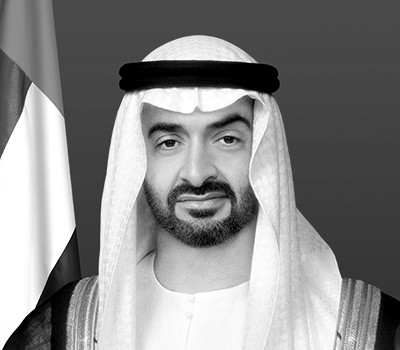
Ruler of Abu Dhabi
H. H. Sheikh Mohammed bin Zayed Al Nahyan is the President of the United Arab Emirates and the Ruler of Abu Dhabi. He was elected on 14 May 2022 by decision of the members of the Federal Supreme Council.
H. H. Sheikh Mohamed bin Zayed was born in Al Ain on 11 March 1961. He is Chairman of the Abu Dhabi Executive Council since 2004. He served as Crown Prince of Abu Dhabi from 2004 until 2022. He also served as Chief of Staff of the UAE Armed Forces from 1993 to 2005.
Read more.
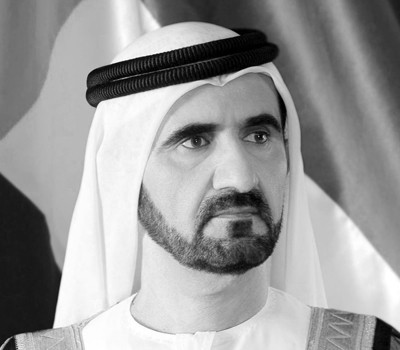
Ruler of Dubai
On 4 January 2006, H. H. Sheikh Mohammed bin Rashid Al Maktoum became the Ruler of Dubai following the death of his brother Sheikh Maktoum bin Rashid Al Maktoum. On 5 January, the members of the Federal Supreme Council elected Sheikh Mohammed bin Rashid as the Vice President.
H. H. Sheikh Mohammed bin Rashid was born in 1949. He started government service as the Head of Dubai Police and Public Security. After that, Sheikh Mohammed was appointed Minister of Defence; he was the world's youngest defence minister then.
Read more.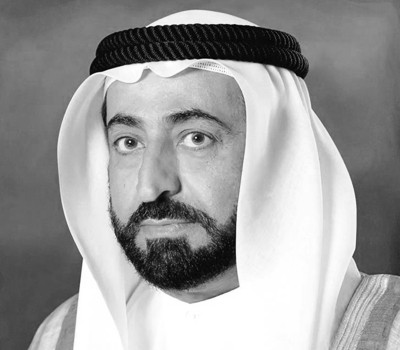
Ruler of Sharjah
H. H. Sheikh Sultan bin Mohammed Al Qasimi became the Ruler of Sharjah on 25 January 1972. H. H. is the 18th Ruler of the emirate of Sharjah in the line of Al Qasimi Rulers since year 1600 AD.
He was born on 2 July 1939, in Sharjah. He has been at the forefront of cultural, economic and social development in the emirate, and has played a significant role in promoting cultural interaction and dialogue among nations at local, regional and international levels.
Read more.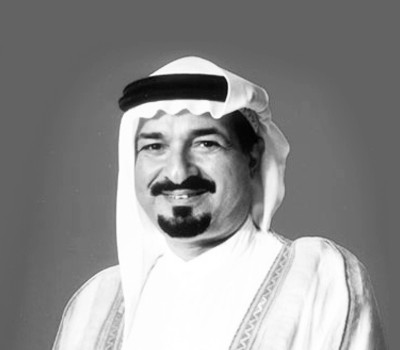
Ruler of Ajman
H. H. Sheikh Humaid bin Rashid Al Nuami succeeded his father, one of the Founding Fathers of the Union, who passed away in 1981.
Sheikh Humaid was born in the emirate of Ajman in 1931. He was introduced to the principles of ruling and administration affairs since his childhood. In 1960 his father, the late Sheikh Rashid bin Humaid Al Nuaimi, chose him as the Crown Prince.
H. H. was elected Vice President of the Trucial States Council in 1966. He participated in the discussions that preceded the establishment of the UAE since 1968. He
Read more.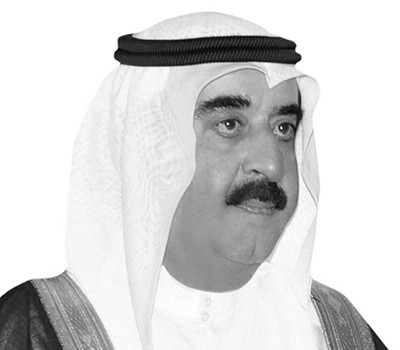
Ruler of Umm Al Quwain
H. H. Sheikh Saud bin Rashid Al Mualla became the Ruler of Umm Al Quwain and a member of the Supreme Council after the demise of his father Sheikh Rashid bin Ahmad Al Mualla on 2 January 2009.
Sheikh Saud was born on 1 October 1952. He was appointed third secretary in the Foreign Ministry in 1973, and was Commander of Umm Al Quwain National Guard. In 1979, he headed Umm Al Quwain Royal Court Al Diwan Al Amiri. Later, on the 22 June 1982, his father Sheikh Rashid bin Ahmad Al Mualla named him as Crown Prince of Umm Al Quwain.
Read more.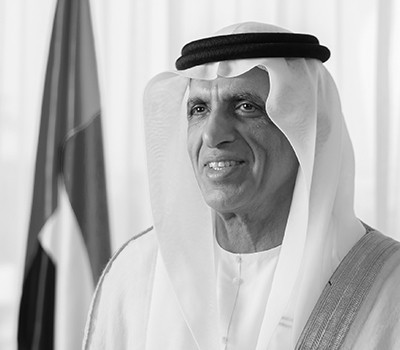
Ruler of Ras Al Khaimah
On 27 October 2010, H. H. Sheikh Saud bin Saqr Al Qasimi succeeded his father, the late Sheikh Saqr bin Mohammed Al Qasimi, to become the Ruler of Ras Al Khaimah.
Sheikh Saud was born in Dubai in 1956. In 1986, he became the Chairman of the Ras Al Khaimah Municipal Council, where he continued his work to improve the emirate’s infrastructure and governance practices. H. H. was named Crown Prince and Deputy Ruler of Ras Al Khaimah on 14 June 2003. As Crown Prince, he oversaw the introduction of free zones and industrial parks and efficient business licensing procedures, transforming the industrial sector in the emirate.
Read more.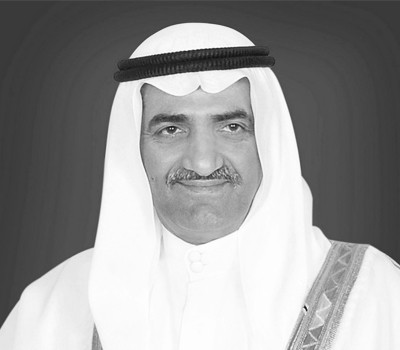
Ruler of Fujairah
After the passing away of his father in 1974, H. H. Sheikh Hamad bin Mohammed Al Sharqi became the Ruler of the Emirate of Fujairah. H. H. was keen to follow his fathers' steps in developing the emirate in all fields, turning it into a destination of choice for Arab and foreign tourists and investors.
was born on 25 September 1948 in the emirate of Fujairah. H. H. held many roles, prominent among which are Chief of Police and Security in Fujairah, Minister of Agriculture and Fisheries in the UAE’s first Cabinet and Crown Prince of Fujairah.
Federal Supreme Council as per the UAE's Constitution
The Federal Supreme Council is the highest constitutional authority in the United Arab Emirates. It is also the highest legislative and executive authority that draws up general policies and approves various federal legislations.
As per Article 45 of the UAE's Constitution, the Federal Supreme Council is one of the five bodies that comprise the federal authorities of the UAE Government.
Articles 46 to 50 of the UAE's Constitution provide for the Council's formation and powers.
Formation of the Federal Supreme Council
The Supreme Council consists of the Rulers of all the emirates composing the Federation, or of their substitutes in the event of their absence or incapacity to attend.
Each emirate has a single vote in the deliberations of the Council.
Responsibilities of the Federal Supreme Council
The Supreme Council performs the responsibilities outlined below:
- formulating the general policy on all matters concerning the Federation as per the provisions of the Constitution and considering the achievement of the objectives of the Federation and the common interests of the member emirates
- endorsing the various federal laws prior to their issuance, including laws of the annual general budget of the Federation and the closing accounts
- sanctioning the decrees on matters that by virtue of the provisions of the Constitution are subject to ratification and approval of the Supreme Council
- ratification of treaties and international agreements through decrees
- approving the appointment of the Prime Minister of the Federation, accepting his resignation, and requesting him to resign upon the suggestion of the President of the Federation
- approving the appointment of the President and the judges of the Supreme Court, accepting their resignations and dismissing them in the cases specified by the Constitution
- assuming supreme control over the affairs of the Federation in general
- any other relevant responsibilities stipulated in the Constitution or in the federal laws
Mechanism of the Federal Supreme Council's resolutions
The Supreme Council lays down its own regulations, including its work procedures and the method for voting on its resolutions. The deliberations of the Council are kept confidential.
It holds its sessions in the capital of the federation; however, it can hold its sessions in any other place agreed beforehand.
The Council establishes a general secretariat consisting of a sufficient number of officials to help it in performing its duties and functions.
A majority of five of its members makes resolutions of the Supreme Council on substantive matters, provided that such majority includes the vote of the emirates of Abu Dhabi and Dubai.
The minority shall abide by the opinion of the majority. However, resolutions of the Council on procedural matters are issued by a majority vote. Such matters are defined in the by-laws of the Council.



